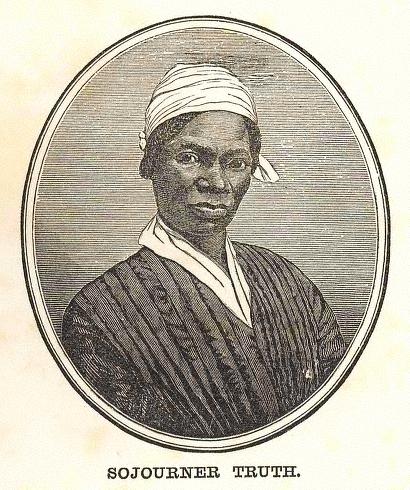|

(c) Pocumtuck Valley Memorial Association, Deerfield MA. All rights reserved.
Struggle for Freedom : A Peculiar Institution
|
|
Nowhere was the radical and transforming power of the American Revolution clearer than on the issue of slavery. In the years following the Revolution, slavery indeed became a "Peculiar Institution" out of step with the ideals of a new American society. Most northern states abolished slavery in this period and antislavery societies sprang up throughout the nation. Many people increasingly viewed slavery as an inherently evil system that endangered the republican experiment itself. How, they asked, could slaveholders maintain the virtue needed to maintain a free government when they exercised tyrannical control over other human beings?
Tragically, however, slavery in these same years became ever more entrenched in the economy and society of the southern United States. Many of the nation's Founding Fathers, including those who were themselves slaveholders, had anticipated that slavery would die out, a relic from a less enlightened past. Instead, the slave system grew stronger than ever and threatened to expand into new territories and states. In the North, blacks lost the vote as suffrage laws expanded to include increasing numbers of white males. Racism intensified as whites used slavery to elevate their social and economic status at the expense of blacks. Debates over slavery and the condition of blacks in general became ever more contentious. In the years leading up to the Civil War orators and writers publicized the injustice and horrid conditions of slavery. Free African Americans themselves galvanized the public conscience by speaking out against its evils and consequences.
Sojourner Truth was among those free blacks who spoke out against slavery. She was born Isabella Baumfree to slave parents in 1797 in Ulster County, New York. Under the gradual emancipation laws of New York, Isabella remained a slave until 1828. When she experienced a religious conversion experience in 1843, she took the name Sojourner Truth. She began traveling the country, preaching what she called "God's truth." A powerful and compelling speaker, she became particularly famous for her speeches on abolition and her insistence on equal rights for women of all races. Her work and beliefs led her to Northampton, Massachusetts, where she joined a utopian society. Here she encountered famous abolitionists such as William Lloyd Garrison and Frederick Douglass. Sojourner Truth dictated her memoirs, which were published in 1853 as the "Narrative of Sojourner Truth a Northern Slave". She died in Battle Creek, Michigan, in 1883.
top of page
|
Portrait of Sojourner Truth from the "Narrative of Sojourner Truth"
| creator Olive Gilbert |
| date 1855 |
| location New York |
| process/materials printed paper, ink |
| item type Books/Book |
| accession # #L00.069.frex |
|





